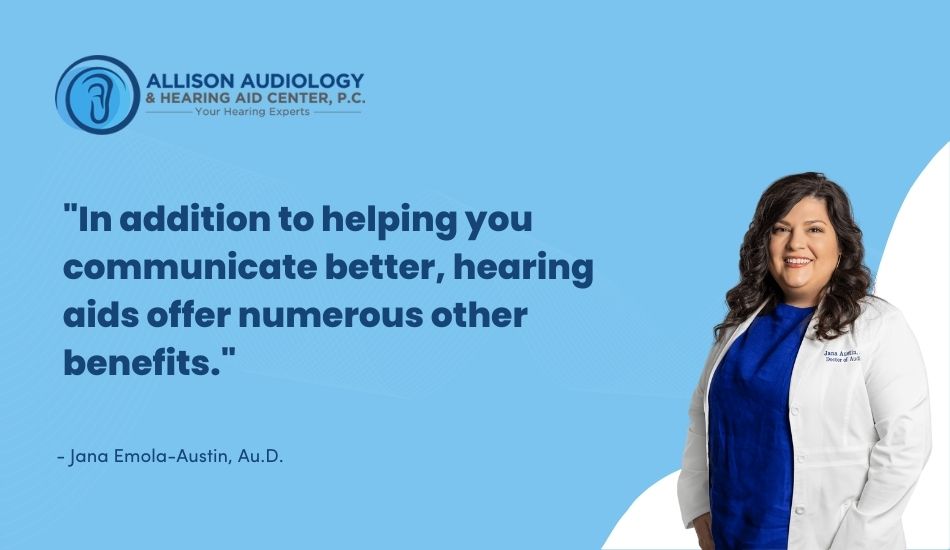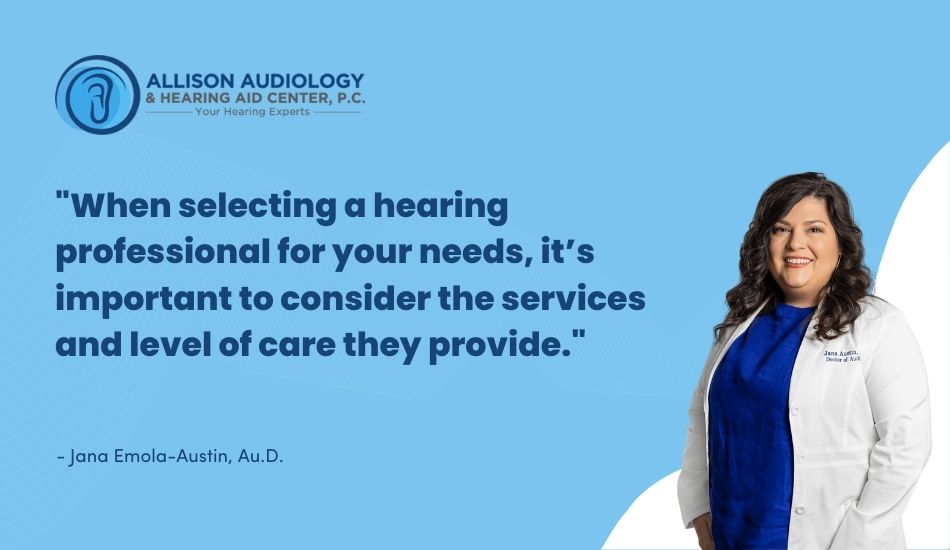Central Auditory Processing Disorder (APD) is used to describe a disorder in which a person has normal hearing sensitivity but perform as if they have a peripheral hearing loss.
Auditory Processing Disorder (APD) can be identified in elementary-aged children.
Simply stated, those experiencing Auditory Processing Disorder have a “disconnect” between what is heard and how the information is processed by the brain. People with these auditory processing deficits can have difficulty:
- listening in complex environments or when background noise is present,
- have trouble filling in missing auditory information,
- combining information between two ears,
- or issues with the timing of auditory information.
These problems result in the listener:
- struggling to understand in difficult situations,
- understanding non-native speakers,
- following multi-step directions,
- difficulty understanding rapid speakers,
- or even discriminating between similar sounding speech sounds.
Though most commonly seen in school-aged children, APD can affect both children and adults and often result from developmental delays, TBI or head injuries, or disorders of the Central Auditory System.
It can be overwhelming to determine the first step to take if a child or loved one is suspected to have APD. While APD is common, there are not many professionals who specialize in the area of diagnosing and treating APD.
APD is diagnosed by an audiologist, but is often assessed in a multidisciplinary approach between a team of professionals in order to fully understand the multitude of challenges exhibited by those with APD.
The initial step in the evaluation and diagnosis process involves a complete audiologic assessment to determine the individual’s hearing sensitivity.
Following determination of hearing thresholds, a specific series of tests are administered for proper diagnosis of APD which require the listener to closely attend to a variety of signals with and without competing background noise and respond appropriately.
Results of the testing are compared to average results of other individuals in the same age group and analyzed.
Auditory Processing Disorder is typically diagnosed when the individual has a deficit in two or more areas assessed during testing.
Although an individual may exhibit many of the characteristics consistent with APD, diagnosis is only confirmed after careful testing and evaluation.
Following testing, treatment and remediation are recommended based on the specific areas showing deficits in performance.
It is important to note that each individual is different, and APD can manifest in a wide variety of symptoms; therefore, specific management and treatment is highly individualized and deficit-specific.
Treatment for APD usually focuses on three primary areas: changing the communication environment, learning to use higher-order skills to help compensate for the deficits, and remediation of the auditory deficit itself.
Modifying the communication environment by using assistive listening devices, such as FM systems or hearing aids, can improve signal to noise ratios in a complex environment and improve access to information presented in an auditory manner.
Secondly, compensatory strategies, including strengthening problem-solving, memory, or attention can be used to overcome the deficits experienced with APD.
Lastly, direct remediation through patient-specific therapies or programs is used to address specific auditory deficits diagnosed during testing.
Direct remediation for APD can be in the form of computer-based programs, one on one training with a therapist, or even a home-based program.
Just as treatment approaches differ between individuals, the degree to which an individual will improve with remediation or therapies cannot be predicted.
While some individuals seem to simply “grow out” of their deficits, others may exhibit some residual degree of it forever.
Appropriate intervention techniques and learning compensatory strategies can better prepare those with APD to be in control of their communication abilities and provide the best opportunity for success.
For more information on Auditory Processing Disorder, you may visit Allison Audiology & Hearing Aid Center in Houston. Each office provides testing and treatment options for children and adults in a comfortable, friendly environment.




